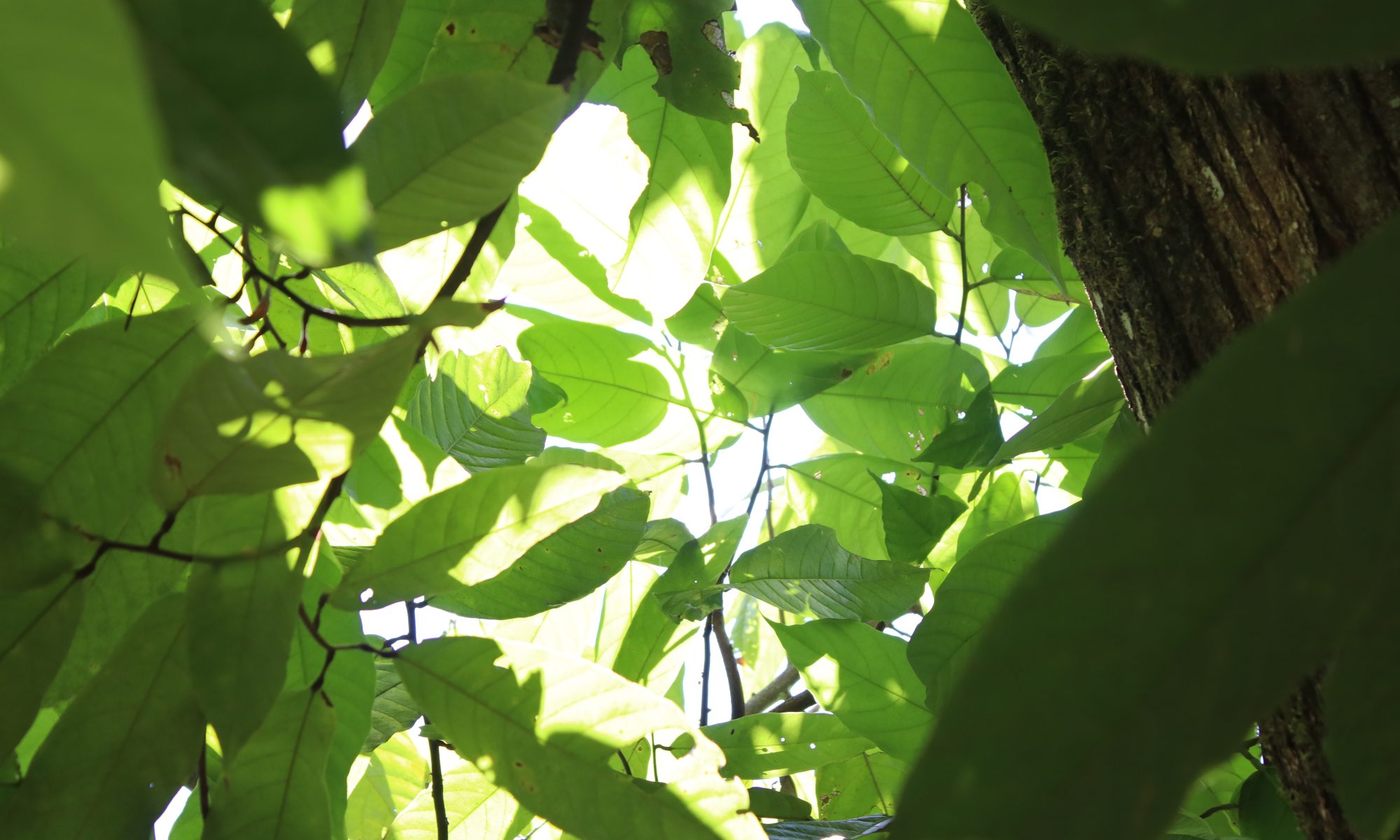WINTER QUARTER
The program includes a 2 academic unit, quarter-long winter course, which meets weekly for 1.5 hours each week. The winter class lays the groundwork for the immersion trip and covers topics including: Costa Rican culture, cultural competency skills, personal identity, trip logistics, expectations, academic study topic preparation, and team building. Students also participate in a field trip to the UCI Arboretum where they experience local nature and wildlife in Irvine, creating a basis for comparison once in-country. In early January, students will be taken on an overnight retreat, within Orange County, designed to continue preparation for the Costa Rica experience. The retreat is aimed to facilitate positive team development and introduce students to concepts on sustainability and cultural differences.
SPRING BREAK
The Costa Rica in-country portion begins with a visit to the rural farm village of Mastatal and stay at Siempre Verde, an environmental learning center specializing in organic farming and sustainable development. This farm allows students to experience open-air living, farm-to-table organic meals, composting toilets, outdoor showers, and rural daily life. Students also have the opportunity to visit two other environmental learning centers, Rancho Mastatal and Villas Mastatal, which specialize in sustainable building, research and living. While guided by local experts in Mastatal students explore concepts related to the nature and culture of Costa Rica, including rural community structure, tropical ecology, medicinal plant use, Costa Rican education, sustainable chocolate farming, reforestation, ecotourism, sustainable development & building, indigenous issues, and composting. They meet with local indigenous community members to learn about medicinal plant uses and participate in the making of chocolate at a cocoa farm.

After spending time in the mountains, participants travel to the coast to spend several days at Hacienda Baru to experience lowland rain forest, beach, and mangrove ecosystems. They tour the mangrove system with local guides using small boats on the intercoastal waterway, learnabout the restoration process of the mangroves, and study local wildlife of the coastal region. There is also a guided tour of Hacienda Baru, where students will have the opportunity to see indigenous wildlife including monkeys, sloths, and birds.
Homestay Experience
Students have the privilege of staying overnight in the home of local families in the small town of Mastatal. Students are placed in their homestay families in pairs based on their level of Spanish, study topic, and family dynamics. The homestay families are handpicked by the coordinating organization, Tropical Adventures in Education, and final placement is done in conjunction with the UCI Program Director and the Local Guide. The homestay experience is an invaluable part of the program, allowing students to step further outside their comfort zone while trying out their Spanish language skills and engaging in Costa Rican family life.
Community Service
While in Mastatal, students also participate in service projects for the community. Every year the service project is different. The 2018 cohort of participants will engage in a new community service initiative designed to meet the need of the local Mastatal community. Examples of past projects include the construction of a local greenhouse, restoration work at a local primary school, and beautification of the local community center. The 2017 cohort conducted service in La Cangreja National Park.
Research
In addition to experiencing sustainability and Costa Rican culture, the program learning outcomes revolve primarily around the active learning that occurs by immersing participants in the culture and nature of Costa Rica. The program format allows each student to design a research project and to work in teams to complete their project. In spring, research team create a project/presentation to share with the UCI community that encompassing their experience and research findings.
SPRING QUARTER
During Spring Quarter, program participants work on one of three committees: Social Media, Programs and Outreach, or the Research Symposium. Each students takes a leadership role within their committee and assists with the other programs/projects. The goal of these programs/projects is to share the knowledge and insights gained by participating in the Costa Rica Program with program stakeholders and the UCI community. In the past, each of these programs/projects was successful and allowed the participants to begin sharing their experiences and research.
UCI Community Outreach
Throughout the spring quarter, participants host outreach events to share the knowledge they gained while in Costa Rica. Past outreach events have included a Costa Rican Theme Night dinner in both first-year residential dining halls where students worked with the chefs to create a custom menu that replicates many of the dishes served on the organic farm in Mastatal. There was also a sustainability fair and succulents booth where students could take home a drought persistent plants. At each outreach event, students were able to speak with program participants about their experience, see some of the research projects, and participate in composting.
Research Symposium
Also hosted spring quarter, the Symposium brings key stakeholders and community members together to hear about program outcomes and meet individually with the participants as they showcase their research projects. This has been a highly successful event and allows program supporters to hear about the impact of their support and the knowledge the participants gained. The program website also serves as a communication tool by hosting over several blog posts about the students’ experiences and allows readers to gain better insight into the sustainable practices and cultural experiences in Costa Rica.









